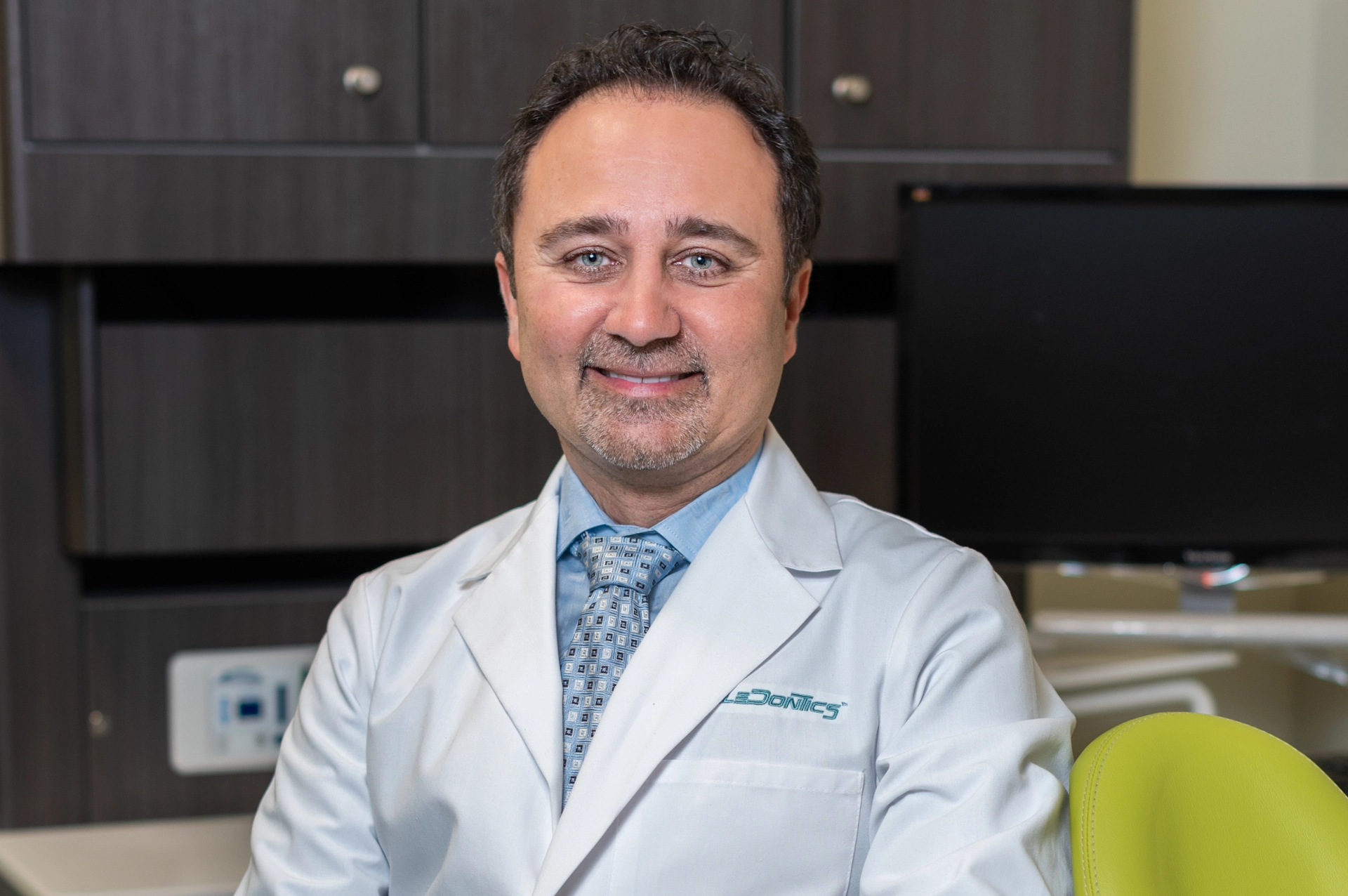
Blog Summary:
Oral rinse, mouthwash, and mouth rinse—are they all the same? Not exactly. More importantly, should you be using one? It depends!
Most commercial mouthwashes contain alcohol and antiseptic ingredients, which can disrupt the oral microbiome and even pose long-term health risks. Meanwhile, oral rinses can vary widely, with some offering benefits like enamel restoration, pH balance, and cavity prevention.
In this guide, I’ll break down the key differences between oral rinses and mouthwashes, common ingredients to watch out for, and how to choose a rinse that actually supports your oral health. Plus, I’ll highlight safer alternatives, including SuperMouth’s therapeutic oral rinses.
Let’s dive in and find out whether an oral rinse belongs in your daily routine!
Oral rinse, mouthwash, mouth rinse…are these all one and the same? The simple answer is no.
Maybe even more importantly, should you be using some kind of oral rinse or mouthwash regularly? Maybe. The answer depends on your unique circumstances and whether or not you’re relatively healthy or suffering from certain medical conditions.
If you do choose to use an oral rinse, you’ll have to know what to look for so you don’t choose one that may do you more harm than good. With that in mind, here’s what you need to know.
Oral Rinse vs. Mouthwash
In the United States, most mouthwashes are alcohol-based, and almost all alchohol-based modern mouthwashes are derived from a product originally designed to be a surgical antiseptic.
Most products marketed and sold as mouthwash are antiseptic mouthwashes. We know these antiseptic mouthwashes are effective at killing germs. But is that always a good thing? Contrary to popular belief, not necessarily.
The term oral rinse is more general than the term mouthwash. Oral rinses (also sometimes called mouth rinses) vary widely in composition and effectiveness.
Technically, mouthwashes can be made with safe and effective ingredients, but the overwhelming use of the term mouthwash for alcohol-based and antiseptic formulations has caused most people to associate “mouthwash” with certain antiseptic and alcohol-based products and brands.
In a nutshell, while a safe and effective oral rinse might sometimes be called a mouthwash simply because of the popularity and recognizability of the word mouthwash, most mouthwashes today are made with harmful ingredients. On the other hand, many types of oral rinses exist.
Common Ingredients in Mouthwashes & Rinses
Some of the most common mouthwashes and oral rinses on the market include these antiseptic ingredients:
- Alcohol
- Chlorhexidine
- Cetylpyridinium chloride
- Zinc chloride
- Hydrogen peroxide
- Sodium bicarbonate (baking soda)
- Essential oils
Many oral rinses also contain artificial flavors and colors as well as preservatives like sodium benzoate.
Others are created with natural ingredients and are designed to be safe and effective in restoring enamel, preventing cavities, balancing pH, and ensuring a healthy oral microbiome.
Should You Use an Oral Rinse Daily?
This depends on your circumstances and the type of oral rinse you chose.
Antiseptic & Alcohol-Based Mouth Rinses
Mouthwashes and oral rinses with antiseptic ingredients designed to kill bacteria are often drying. Plus, by killing almost all bacteria in the mouth, they destroy the delicate balance of the oral microbiome, often doing more harm than good.
These oral rinses may sometimes be recommended by a dentist for specific use cases, such as to stave off infection after major oral surgery, or to combat gingivitis.
It’s almost always better to avoid them for long-term use, however. This is especially true for alcohol-based mouthwashes, since new research links their long-term use to certain types of cancer.
Are All Alcohol-Free Mouth Rinses Safe & Effective?
While you might think that hydrogen peroxide oral rinses or zinc oral rinses are a lot safer than those with alcohol, that’s not necessarily true because they still disrupt the oral microbiome.
For most routine users, any antiseptic and hydrogen peroxide oral rinse benefits are far outweighed by the risks of regular use.
Using other types of oral rinses, however, can be helpful. This especially applies to prebiotic and probiotic oral rinses designed to balance pH, protect the oral microbiome, fight cavities, and restore enamel.
There are far more benefits to using these types of oral rinses daily than drawbacks, so feel free to add one to your daily dental care routine!
Look for These Safe & Effective Oral Rinse Ingredients
How do you know what the best oral rinses are? To be sure a mouth rinse is safe and effective, look for these ingredients:
- Hydroxamin or Nano-hydroxyapatite (both variations of Hydroxyapatite)
- Sodium Fluoride (in some cases*)
- Xylitol
- Vitamin K2
- Vitamin D3
Avoid any mouthwash with artificial colors, flavors, preservatives, toxins, antiseptic ingredients. Instead, look for a mouthwash that is designed to balance pH, protect the oral microbiome, fight cavities, and restore enamel.
Consider SuperMouth Therapeutic Oral Rinses
Looking for an oral rinse that’s safe, effective, and gentle? Whether treating gingivitis, restoring enamel to help mitigate the effects of sensitive teeth, or preventing cavities is your main aim, SuperMouth Fluoride & Hydroxamin oral rinse* or Hydroxamin only oral rinse are both fantastic options.
Disclaimers:
*Sodium fluoride should not be used by those without safe swallowing skills, such as children under the age of 6. Sodium fluoride can, however, be safe and effective when used as directed for individuals with certain medical conditions or an above average number of cavities. This is especially applicable if those cavities have been accumulated over a short period of time, such as the past 6 months. Consult a dentist for more information. This is not intended to be medical advice.

